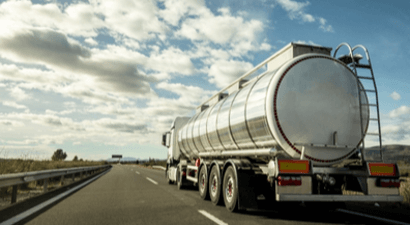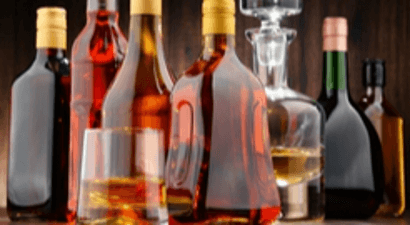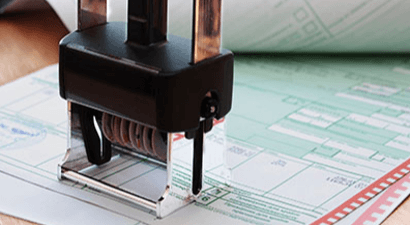Not So Sweet
As most people are aware, the Sugary Beverages Levy (“SBL”) will come into effect on 1 April 2018 and applies to consumers, manufacturers and importers of sugary beverages. It is a new Health Promotion Levy introduced in support of the Department of Health’s deliverables to decrease diabetes, obesity and other related diseases in South Africa. As such, the intention is to utilise the proceeds levy towards health educating and healthcare.
The SBL has been introduced to deter consumers from consuming sugary drinks and to prompt manufacturers into reducing their production of sugary beverages. Whilst the introduction of the SBL may mark a small victory for public health, groups such as the Healthy Living Alliance are of the view that the levy is still too low to act as real deterrent. There have been proposals for a higher rate of 20% per can of a sugary beverage, which is hoped will be more of a deterrent than the current rate of 11%.
Whilst the SBL may be a step in the right direction in ensuring a reduction in the consumption of sugary beverages, it is interesting to note that fruit juices will be exempt from the levy despite their high sugar content and health professionals repeatedly pointing out that fruit juice is as bad for a person, if not worse, than highly sugary drinks.
The South African Revenue Service (“SARS”) will be the enforcement and collection agency of the SBL. All manufacturers of sugary beverages are required to undergo licensing and registration with SARS as from February 2018, although the levy itself will only be applicable to manufacturers that produce beverages with more than a total annual sugar content of 500kg (micro manufacturers are exempt from the levy).
The legislative framework of the levy can be found in the section 54I read with the rules thereto as well as Part 7A of Schedule No.1 to the Customs and Excise Act No. 91 of 1964. Imported beverages will be taxed when they are entered for home consumption and locally manufactured products will be taxed in terms of the Duty at Source principles. A licensed manufactures' liability for duty will terminate when proof of payment of the levy and proof of entry for home consumption has been provided to SARS. Where goods are exported liability for the levy will cease on production of proof of exportation and receipt in the export country.
To ensure that it only collects the levy on beverages manufactured after 1 April 2018, SARS has stated that when selling beverages manufactured before this date, licensees must endorse all invoices or delivery notes stating that the beverages were manufactured before 1 April 2018.





